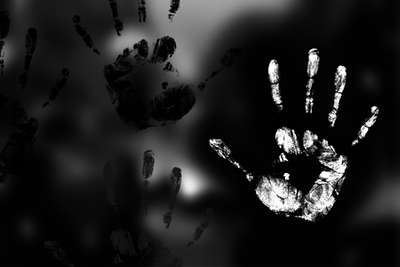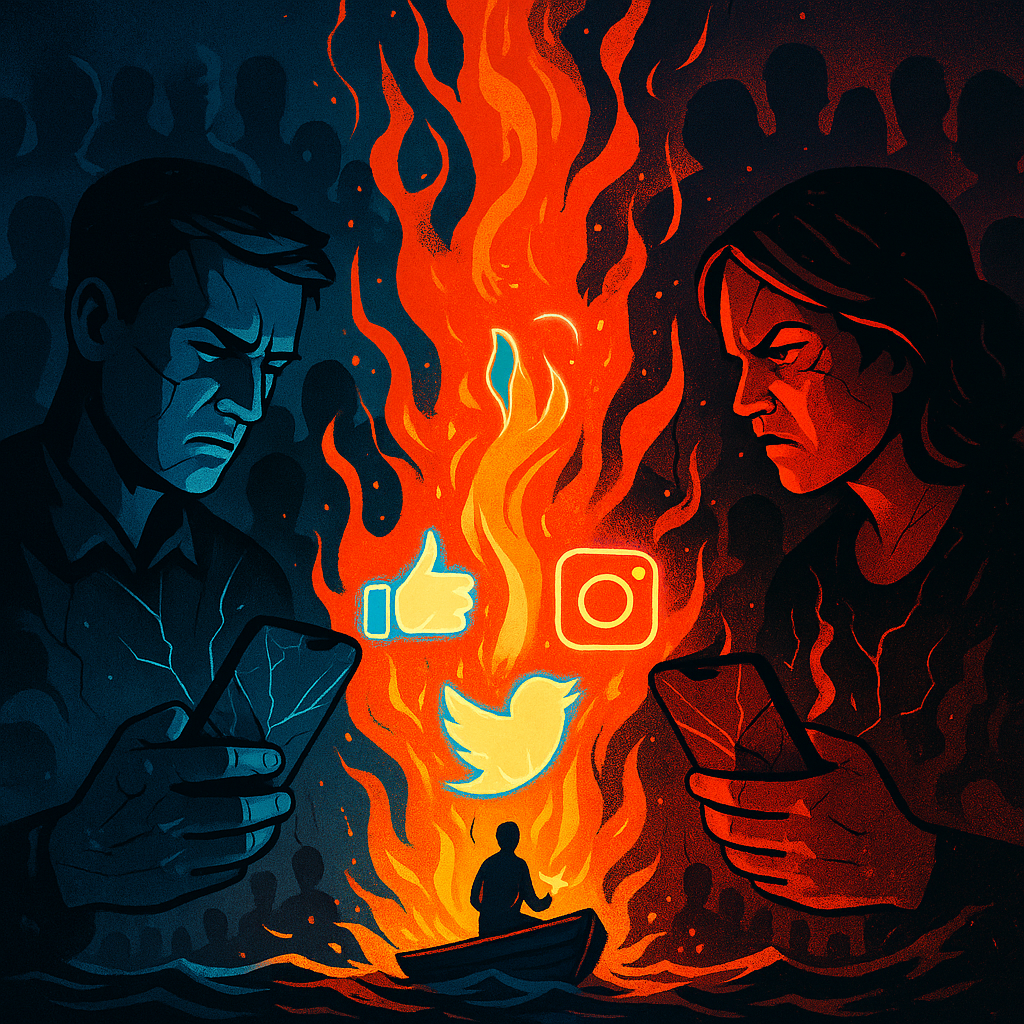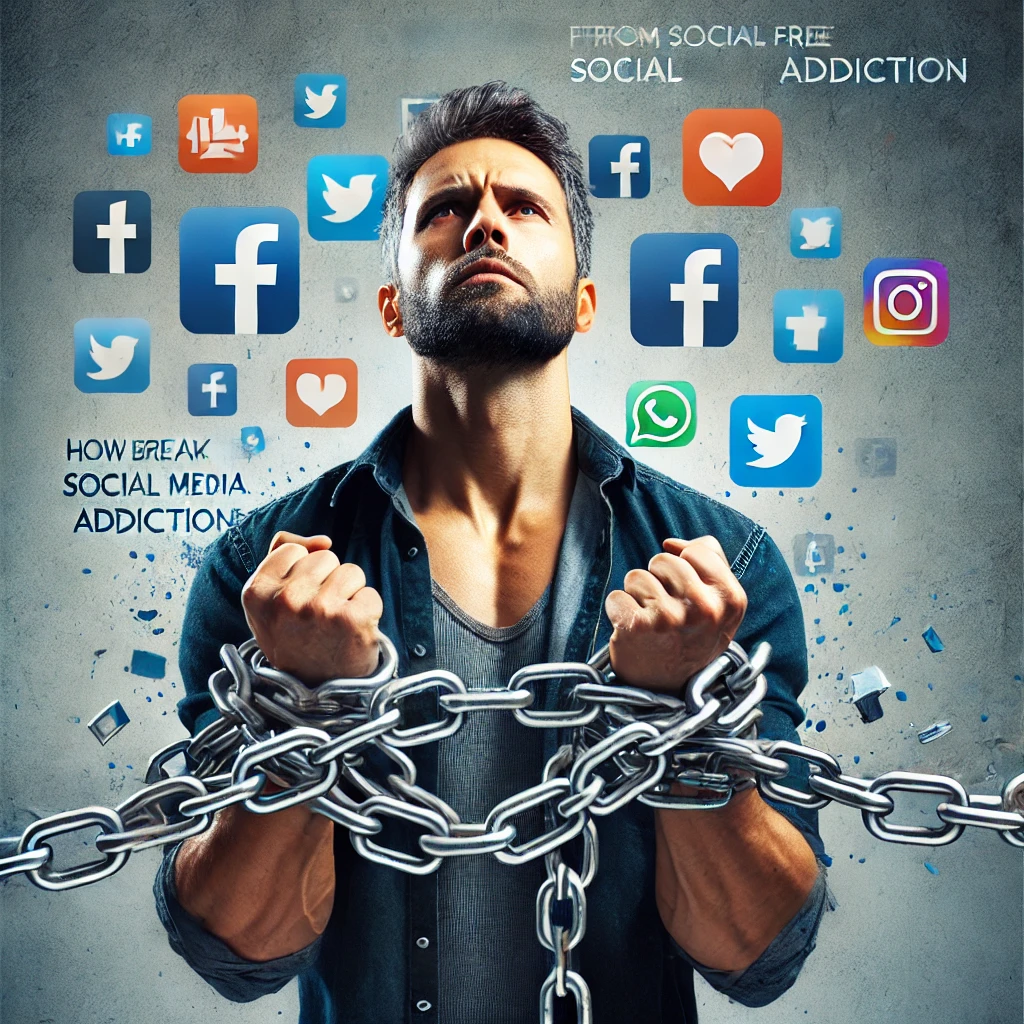From Addiction to Isolation Dark Social Media is Ruining Relationships
Social media has undeniably become an integral part of our daily lives, revolutionizing the way we connect, share information, and engage with the world. While it has brought numerous positive changes, it also has a dark side that often goes unnoticed. This article aims to unveil the hidden consequences and negative impact of social media. From mental health implications and relationship dynamics to cyberbullying and privacy concerns, we will delve into the multifaceted aspects of social media and shed light on the need for a balanced and healthy approach to its usage. Understanding the darker side of social media is crucial in order to navigate the digital landscape with awareness and make informed decisions about our online presence.
The Rising Influence of Social Media
Social media has come a long way since the days of MySpace and the iconic sound of a dial-up internet connection. From the early days of connecting with friends and sharing embarrassing photos, social media platforms have evolved into a powerful force in today’s digital landscape. With the rise of Facebook, Instagram, Twitter, and countless others, social media has become an integral part of our daily lives, shaping how we communicate, consume information, and even form opinions.
The Reach and Impact of Social Media Platforms
The influence of social media cannot be overstated. These platforms have become global communities, connecting people from all corners of the world, transcending physical barriers, and creating virtual spaces where ideas, trends, and information can spread like wildfire. Social media has the power to shape public opinion, mobilize movements, and even influence political landscapes. Whether it’s raising awareness about social issues or sparking conversations about the latest cat video, the reach and impact of social media platforms are unparalleled.
The Positive Impact of Social Media
One of the undeniable benefits of social media is its ability to foster connections and build communities. It allows people to stay in touch with friends and family, regardless of geographical distance. Social media platforms also serve as gathering places for individuals with similar interests, hobbies, and passions to connect and share experiences. Whether it’s joining a Facebook group of fellow book lovers or following an Instagram account dedicated to cute dog photos, social media has brought people together in ways never before possible.
Facilitating Information Sharing and Awareness
Social media has transformed the way we consume and share information. From breaking news updates to DIY tutorials, social media platforms provide a convenient and instantaneous way to access a wealth of information. They have played an essential role in raising awareness about pressing social issues, promoting charitable causes, and amplifying underrepresented voices. Through viral campaigns and hashtags, social media has proven to be a powerful tool for raising awareness and effecting positive change.
The Negative Consequences of Social Media
While social media offers many benefits, it also has its dark side. One of the most significant concerns is the addictive nature of these platforms. The constant stream of notifications, likes, and comments can create a powerful dopamine loop, leaving individuals glued to their screens for hours on end. This addiction can negatively impact mental health, productivity, and overall well-being.
Comparison and Self-Esteem Issues
Social media has given birth to the not-so-lovely phenomenon of comparisonitis. As we scroll through carefully curated feeds filled with highlight reels of other people’s lives, it’s easy to fall into the trap of comparing ourselves and feeling inadequate. The pressure to present a perfect image can lead to self-esteem issues, anxiety, and even depression. It’s essential to remember that social media is a highlight reel, and everyone has their struggles and unfiltered moments.
Time Wasting and Productivity Loss
Raise your hand if you’ve ever lost track of time scrolling mindlessly through social media feeds. I know I have, We’ve all been there, wasting precious hours on cat videos, memes, and clickbait articles. While social media can be entertaining and informative, it’s crucial to be mindful of how we allocate our time. Excessive social media usage can eat into productivity, distract from real-life experiences, and hinder personal growth.
Mental Health Implications of Social Media Usage
The relationship between social media and mental health is complex. On one hand, it provides a platform for connection and support, particularly for those struggling with mental health issues. But on the other hand, studies suggest a link between heavy social media usage and increased rates of anxiety, depression, and feelings of loneliness. It’s important to find a balance and be mindful of how social media affects our well-being.
FOMO (Fear of Missing Out) and Social Isolation
Ah, the dreaded FOMO. The fear of missing out can be intensified by the constant updates and glimpses into the seemingly exciting lives of others on social media. This fear can lead to anxiety, dissatisfaction, and even social isolation, as individuals may feel inadequate or disconnected from their peers. It’s essential to remember that social media often portrays a curated version of reality and that real-life experiences are just as valuable, if not more so.
Social media has undoubtedly transformed the way we connect, share, and consume information. It has the power to unite communities, spread awareness, and inspire positive change. However, it’s crucial to acknowledge the potential negative consequences, such as addiction, comparisonitis, and mental health implications. By being mindful of our social media usage and finding a healthy balance, we can navigate the digital landscape with greater self-awareness, authenticity, and well-being. Let’s keep scrolling with caution, my friends.
Social Media and Relationships: A Double-Edged Sword
Social media has undeniably changed the landscape of romance, for better or for worse. On one hand, it allows couples to stay connected and easily share moments of their lives with each other. It can be a platform for expressing love and affection publicly, making others swoon over your adorable couple selfies. However, it can also become a breeding ground for jealousy and insecurity. Endless scrolling through pictures of exes or seeing your partner interact with others online can easily ignite feelings of doubt and suspicion. It’s important to find a balance between sharing your love online and maintaining a healthy level of privacy within your relationship.
Relationships Dynamics and Social Media
Not only does social media affect romantic relationships, but it also has a profound impact on friendships. It provides an easy way to keep in touch and reconnect with long-lost friends. It can help us stay updated on the lives of our friends, even when we are physically distant. However, the constant comparison game and the pressure to present a perfect life online can strain friendships. It’s all too easy to feel left out or inadequate when seeing others’ seemingly perfect lives on Instagram or Facebook. Remember, social media is just a highlight reel, and it’s important to cultivate real, meaningful connections offline as well.
Cyberbullying and Online Harassment
Cyberbullying is the dark underbelly of social media. It involves the use of electronic devices and online platforms to harass, intimidate, or harm others. This can take various forms, such as spreading rumors, sharing explicit photos without consent, or sending threatening messages. The anonymity provided by the internet often emboldens bullies, making it easier for them to target their victims without facing immediate consequences.
Consequences and Effects of Cyberbullying
The consequences of cyberbullying can be severe and long-lasting. Victims often experience emotional distress, anxiety, and depression. It can affect their self-esteem and confidence, leading to social withdrawal and even thoughts of self-harm. The effects of cyberbullying extend beyond the digital realm and can infiltrate every aspect of a person’s life. It’s imperative that we take a stand against cyberbullying and advocate for a safer and more inclusive online environment. For help with Cyberbulling Click Here
Privacy Concerns in the Digital Age
In this digital age, our personal information is more vulnerable than ever. Social media platforms often collect vast amounts of data about their users, from our interests and preferences to our location and online behavior. This data is then used for targeted advertising or even sold to third parties. Additionally, privacy settings can be complex and easily overlooked, leaving us exposed to potential privacy breaches. We must be cautious about the information we share online and take steps to protect our privacy.
Social Media and Online Security
With the rise of social media, online security has become a pressing concern. Hackers and scammers are constantly finding new ways to exploit vulnerabilities and gain unauthorized access to our accounts. It’s crucial to use strong, unique passwords and enable two-factor authentication whenever possible. Being aware of common online scams and staying vigilant can help prevent falling victim to cybercriminals. It’s better to be safe than sorry when it comes to protecting our personal information online.
Strategies for Maintaining a Healthy Relationship with Social Media
Unplugging from social media from time to time can do wonders for our mental health. Setting boundaries on our usage and designating “social media-free” zones or times can help establish a healthier relationship with these platforms. It’s important to remember that our worth is not measured by likes, follows, or comments. Real-life experiences and relationships should always take precedence over virtual ones.
Cultivating Digital Well-being
Take a moment to reflect on how social media makes you feel. If it consistently brings you down or negatively impacts your mental health, it may be time to reevaluate your digital habits. Instead, focus on using social media as a tool for inspiration, connection, and self-expression. Follow accounts that promote positivity and well-being, engage in meaningful conversations, and be mindful of your own online behavior. After all, social media should enhance our lives, not detract from them.
As we conclude our exploration of the dark side of social media, it is important to acknowledge that this powerful tool is not inherently good or bad. Social media has the potential to connect us, inspire us, and bring positive change to our lives. However, it is crucial to recognize the negative consequences it can have on our mental health, relationships, and privacy. By being aware of these issues and implementing strategies to maintain a healthy relationship with social media, we can harness its benefits while mitigating its detrimental effects. Let us strive for a digital world where social media is used responsibly, with empathy and respect for ourselves and others.




